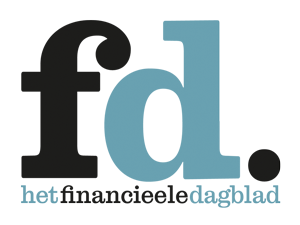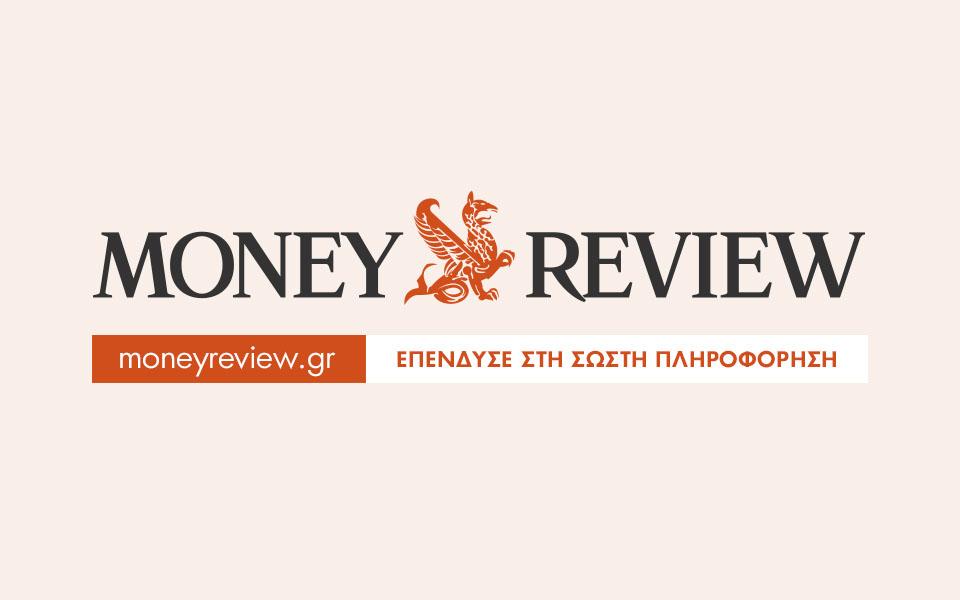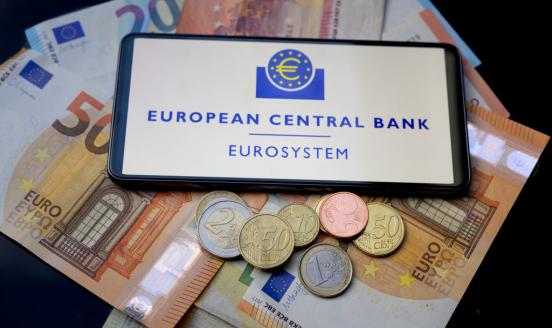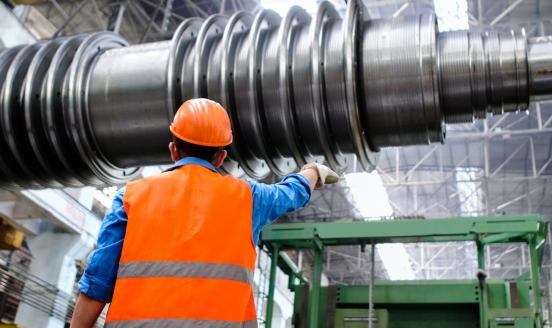Inflation ideology: camp permanent or camp temporary?
Policy focus should be on tackling uncertainties by being able to tackle as many scenarios as possible.
This opinion piece was originally published in Börsen-Zeitung, the Cyprus Mail, Het Financieele Dagblad, the Money Review section of Kathimerini, Cyprus Economics Society and El Economista.





The discovery of the latest Omicron variant of COVID-19 sent stock markets into a freefall on Black Friday. However, markets recovered on Monday and have since shrugged Omicron off. Economists also appear to have a lot of faith in the ability of economies to adapt.
This is a little surprising when the current variant, delta, is bringing us to the brink of another shutdown in Europe. A number of countries have imposed small scale closures, extended school holidays and have imposed a return to teleworking.
Are the upbeat growth forecasts of last month premature?
On the optimistic side, the most interesting fact is that the wave of economic effects get smaller and smaller with every new wave of the pandemic. On the pessimistic side, the prospect of Omicron confirms the great levels of uncertainty that we will continue to face.
Nowhere do we see this uncertainty more than in discussions around inflation. The annual rate of inflation that we are expecting in the euro area this year is at 2.4%, just over the 2% target that the European Central Bank (ECB) has set for itself. However, in the past few months, inflation has been increasing fast due to surging energy prices and pandemic related supply restrictions.
And the question is: is this increase temporary or will it last enough to entrench inflation after a long period of very low inflation? Depending on where you stand, the ECB will have to choose between waiting it out or intervening.
For as long as the surge in inflation is due to what are known as supply side reasons, namely energy and bottlenecks in global supply chains, there is very little the ECB can do. That does not mean that the consumer will not feel higher prices in their wallets. And governments across the European Union (EU) have put in place measures to shield consumers from this hike in energy prices. Similarly, if Omicron were to amplify the supply chains bottlenecks, then it would put yet again upward pressure on prices.
At some point, the average consumer may not be satisfied with temporary help from the government and might start asking for higher wages. If that were to happen on a large scale then we would really have an upward spiral of wage and price changes, a toxic mix for inflation, known as second round effects.
For the moment we do not observe any such effects but the pressures are certainly there. And since it takes about two years to see the effects of any change in monetary policy there are those who urge the ECB to ‘pre-empt’ inflation and do something now.
To have strong views on where inflation is heading at this conjecture is a failure to acknowledge the incredibly high levels of uncertainty. The structural reasons why inflation has been so low for so long have not gone away. But at the same time the jitters that we observe currently in price movements are real and visible. It is certainly not unthinkable for higher inflation to last for longer periods of time and therefore be perceived as ‘permanent’ or even become more long lasting. If employers start raising wages to calm down increasingly demanding employees, then the ECB will have to act.
Added to this is the real difficulty of knowing what to do. Again, we need to acknowledge that the ECB is stuck between a rock and a hard place. Increasing interest rates to pre-empt persistent inflationary pressures might risk the one thing that the ECB was trying to avoid with its pandemic related quantitative easing program, financial fragmentation. The last thing we need right now is an increase in spreads to jeopardise the recovery, or even the single currency.
Reducing the quantitative easing programme is then the other thing to do but it will not be without constraining countries abilities to borrow. On the other hand, if the economy is growing as fast as we see, it may not be a bad time to think about reducing fiscal support, as debts cannot increase for ever.
For the moment designing policy to tackle extreme uncertainty is crucial: this includes monitoring numbers very carefully, avoiding policy for the euro area based on ‘country stories’ and undertaking actions that can do well across a big number of possibilities, not just the one possibility.
Meanwhile, the pandemic is not over. And nor is the vast uncertainty that pandemic ripples will continue to imply as we move from omicron, to pi, to rho…



